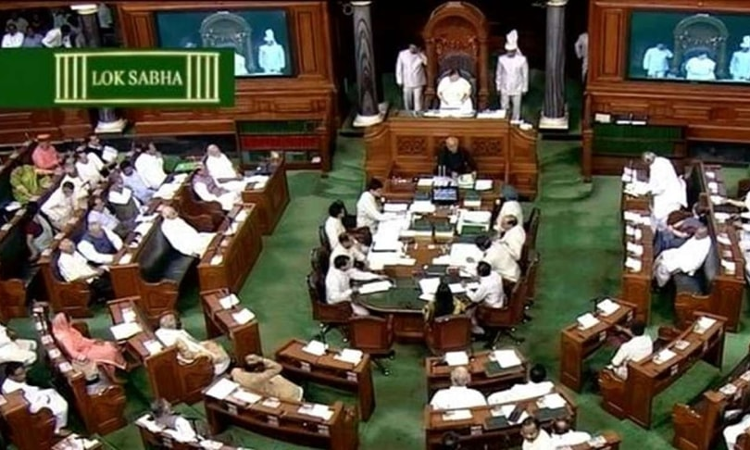Lok Sabha Clears Bill To Amend Mines & Minerals Act; Remove End Use Restrictions Of Minerals
Akshita Saxena
19 March 2021 6:51 PM IST

Next Story
19 March 2021 6:51 PM IST
The Lok Sabha on Friday passed the Mines and Minerals (Development and Regulation) Amendment Bill, 2021 by voice vote. The Bill seeks to amend the Mines and Minerals (Development and Regulation) Act, 1957 and further regulate the mining sector in India by: Permitting removal of restriction on end-use of minerals;Enabling captive mines to sell up to 50% of their annual mineral...
